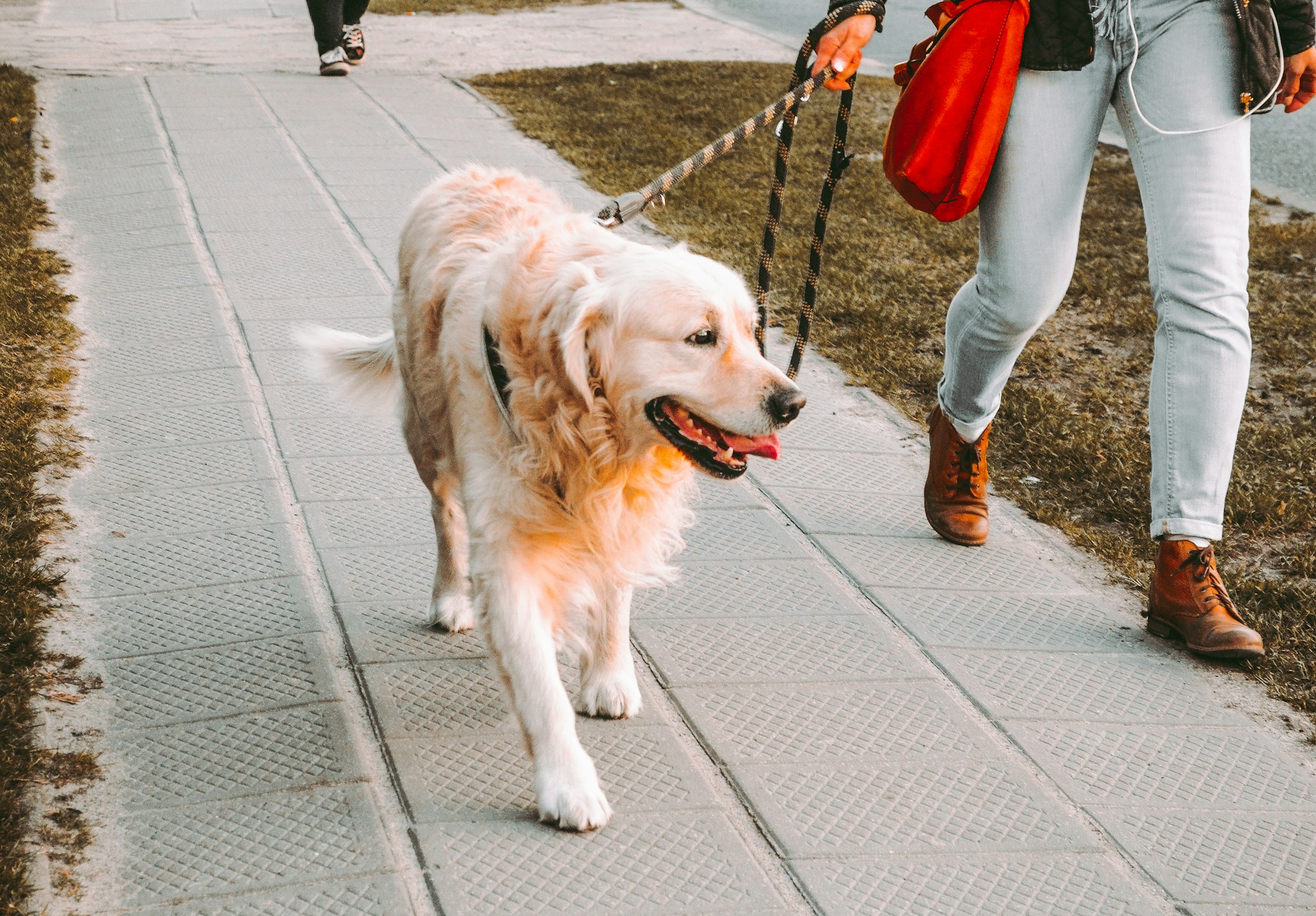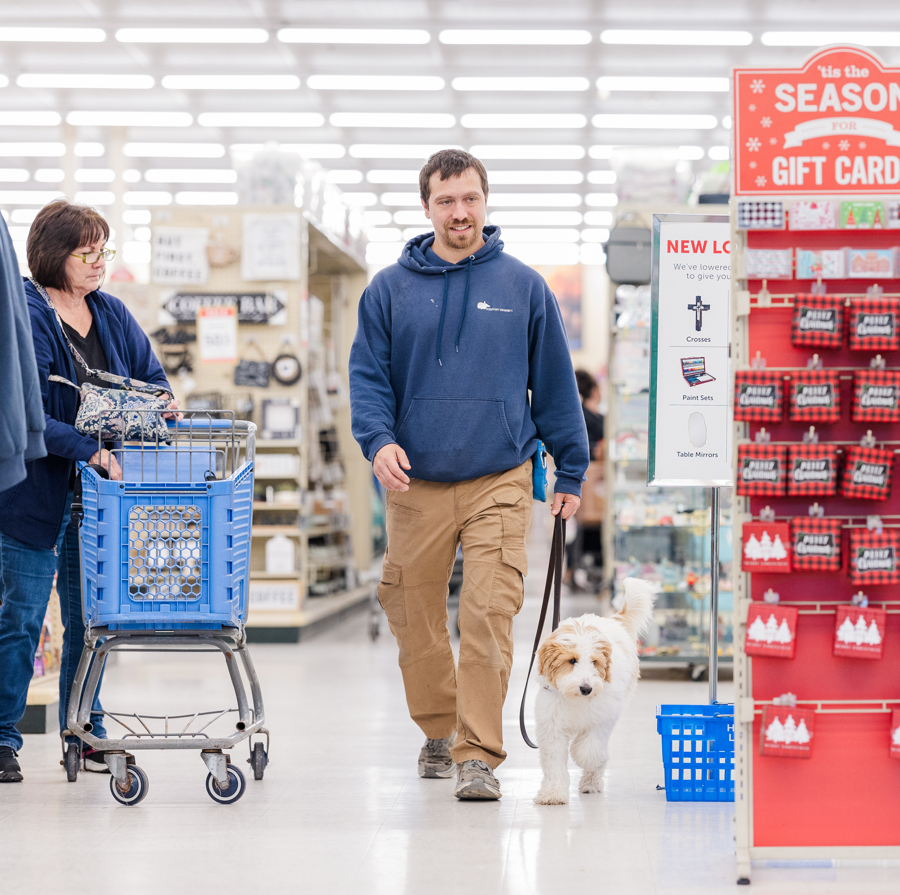Is your dog acting out and causing chaos at home? You’re not alone. Many dog owners struggle with behavior issues that can turn home life upside down. Whether it’s constant barking, tugging on the leash, or jumping on guests, these behaviors can be frustrating. Thankfully, there’s help available that goes beyond simple obedience commands. Your dog can learn better manners and enjoy a richer life with proper training.
Finding the right place for your dog’s training journey is important. You want a place that not only addresses these challenges but also nurtures your dog’s growth. That’s where a top dog boarding school comes in. With tailored programs, these schools provide hands-on training that helps solve your dog’s behavioral issues in a timely manner.
Imagine returning home every day to a calm and well-behaved dog. Dog boarding schools offer expert training in a controlled environment, giving dogs the structure they need. This structured environment helps them learn important skills. With expert guidance, your dog can become more confident and ready to fit into your family’s routine. Whether your dog needs work on social skills or just a bit of fine-tuning, professional training can make a world of difference.
Understanding Common Dog Behavior Challenges
Many dog owners face similar behavior challenges, each of which can disrupt daily life. One of the most common issues is excessive barking. Dogs bark for various reasons, such as alerting their owners to someone at the door or expressing their anxiety. While a bark here and there is normal, constant barking can become a problem, especially for neighbors or during quiet times of the day.
Another challenge is leash pulling. Walking a dog should be an enjoyable experience, but a dog that pulls hard on the leash can make it stressful. This problem often arises from a lack of proper leash training or excessive excitement about exploring the environment. Jumping on people is yet another behavior that troubles many pet owners. While some dogs may jump to show excitement, it’s not always welcomed by guests, particularly if the dog is large or the guests are small children.
Separation anxiety is also frequent. Dogs with this issue become anxious when left alone, which can lead to destructive behavior like chewing furniture or scratching doors. Understanding these behaviors is key to addressing them effectively and helping your dog become calmer and more manageable. Addressing such issues requires patience, consistency, and, often, professional help from a boarding school.
Key Benefits of Professional Dog Boarding Schools
Sending your dog to a professional boarding school offers numerous benefits that go beyond basic obedience. One major advantage is the targeted training that tackles your dog’s specific behavioral issues. Trainers at these schools assess each dog’s unique needs, crafting a tailored program that focuses on correcting problem behaviors effectively.
Another benefit is the immersive environment that a boarding school provides. Dogs learn to be surrounded by other dogs, which helps enhance social skills and reduce anxiety. It allows dogs to practice proper manners and social interactions daily, making them more adaptable to various situations. Additionally, with the trainers’ professional expertise, your dog gets quality training that might be difficult to provide at home.
Boarding schools also ensure that the training is impactful and long-lasting. With focused attention and consistent practice, your dog has the chance to reinforce positive behaviors, making them second nature. This structured learning environment is crucial for cementing these skills, allowing your dog to come home not just better behaved but also happier and more confident. Investing in this type of training sets your dog up for success and a happier life with your family.
Unique Training Techniques at Southeast Michigan’s Best
Southeast Michigan’s top boarding schools employ unique training techniques that set them apart. One innovative method is the use of real-world simulations to teach dogs how to behave in different environments. Trainers create situations similar to what a dog might face at home or in a busy park. This helps dogs learn how to respond appropriately, reducing stress and confusion in actual situations.
Another technique is the integration of group classes. These classes focus on building confidence and social skills among dogs. Dogs have the chance to interact with one another in a controlled setting, making it easier for them to learn appropriate play behavior and obedience. During these sessions, trainers lead commands and exercises that teach dogs how to behave around other dogs and people.
The mobile day school approach is also noteworthy. We offer a unique approach to dog training by taking students on the road in our training van. Owners can drop off their dogs, and the trainers take them on a rotating circuit throughout southeast Michigan. This mobile day school concept immerses dogs in real-world situations rather than confining them to sterile training environments. By training alongside other students in diverse, everyday settings, dogs are better equipped to transfer their newly acquired skills to their regular lives, ensuring effective learning and behavioral improvement.
Tips for a Smooth Transition Back Home
When your dog returns home from boarding school, a smooth transition is important to reinforce the training. Here are some tips to help maintain progress:
1. Consistent Routine: Keep a regular schedule for feeding, walks, and play. Consistency helps your dog understand what to expect and reinforces training.
2. Practice Commands: Regularly use the commands your dog learned during training. Practicing these at home ensures they remain a part of your dog’s daily behavior.
3. Positive Reinforcement: Reward your dog with treats and praise for good behavior. Positive reinforcement reminds your dog that good actions have rewards.
4. Set Boundaries: Be clear about your expectations. Ensure your dog knows which areas of the house are off-limits and enforce these boundaries consistently.
5. Stay Calm: Dogs can sense your energy. Staying calm and patient helps your dog feel at ease, making it easier for them to settle back into the home environment.
These steps help make the transition a positive experience for both you and your dog. With the right approach, you can maintain and even build on the progress made in training.
Conclusion
A dog’s behavior plays a crucial role in the happiness and harmony of a household. With the right training, your dog can become a beloved part of your family. Boarding schools offer your dog an immersive and focused environment where they can address behavior challenges effectively. The unique dog training techniques employed by professional trainers provide a strong foundation for lasting behavioral change.
Once your dog returns home, it’s all about maintaining that progress through routine, practice, and patience. Consistent efforts ensure that the positive behaviors your dog learned at school stick around. This lasting change is not only rewarding for you but also makes life more enjoyable for your dog.
At Dogology University, we are committed to helping your dog reach their full potential. Let us guide you and your dog to a happier, more harmonious life together. Get in touch with us today to see how we can help transform your dog’s behavior.







+ show Comments
- Hide Comments
add a comment